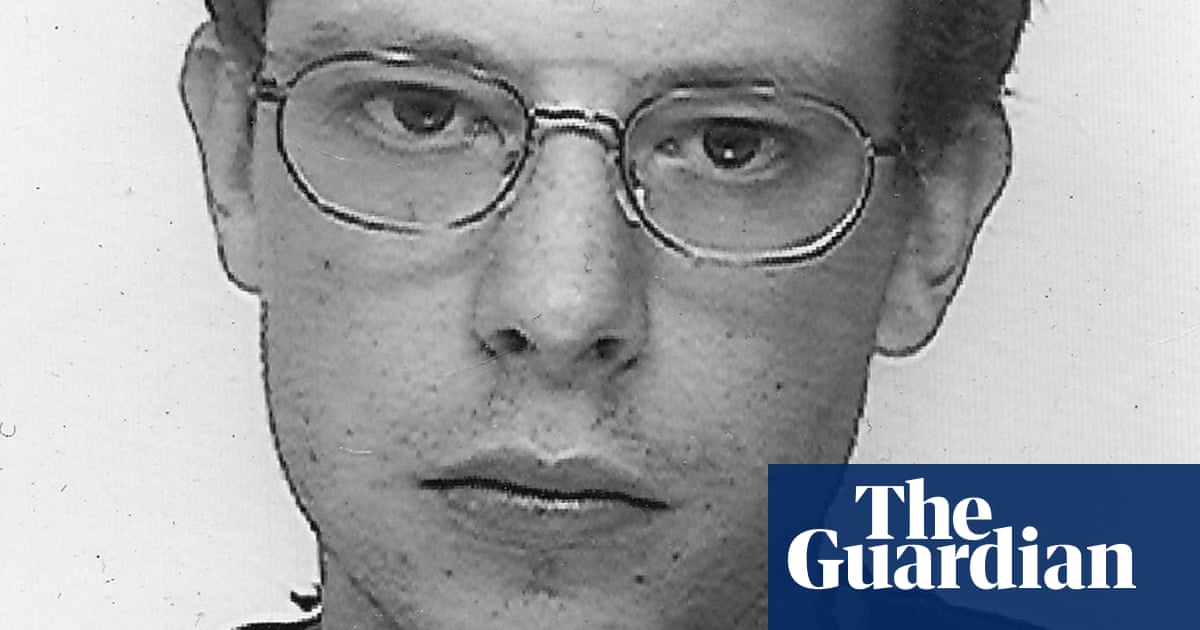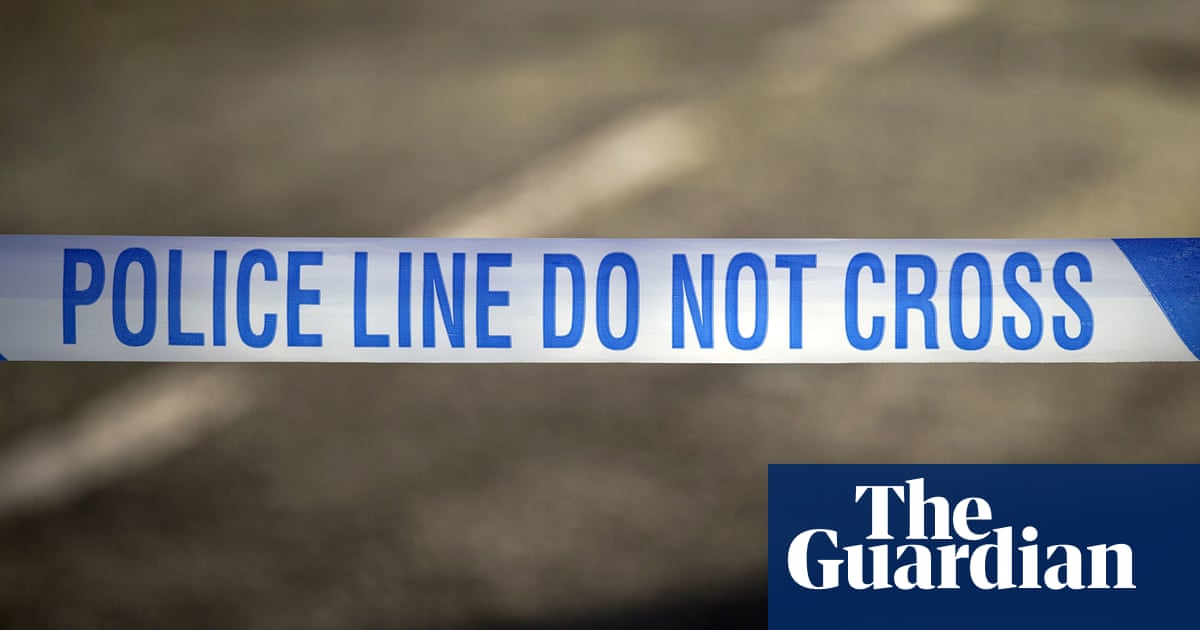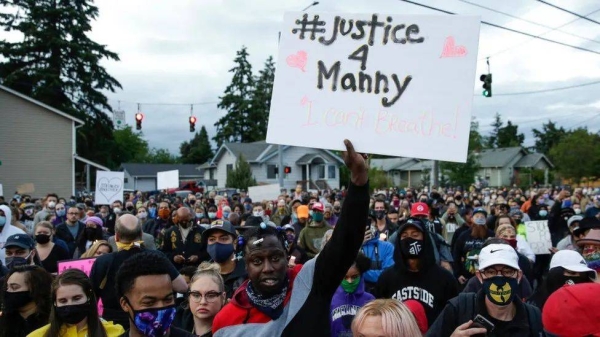
The police’s inappropriate use of restraints on a mentally ill man contributed to his death, an inquest jury has found.
Kevin Clarke, who had been diagnosed with paranoid schizophrenia in 2002, was living in supported housing at the Jigsaw Project, a residential support service, at the time of his death on 9 March 2018 following restraint by police on a muddy school playing field in Catford, south London.
In police body-cam footage of the incident, Clarke can be heard telling officers: “I can’t breathe … I’m going to die.” He died in police custody at Lewisham hospital later that day.
In a narrative verdict, an inquest jury at Southwark coroner’s court on Friday found the cause of death to be acute behavioural disturbance leading to exhaustion. They said the manner in which the police restrained Clarke “probably more than minimally or trivially” contributed to his death.
The jury said: “It is highly likely that at least one officer heard Mr Clarke say ‘I can’t breathe’, on one of the occasions he repeated it. Despite this, no action was taken other than one officer saying ‘you’ve got to breathe, you’ve got to breathe, breathe, deep breaths’. Failure to remove restraints at this point was contrary to guidance and training.”
Police had been called twice to Clarke that day because of concerns by staff at the Jigsaw Project that his mental health was deteriorating. On the first occasion he was standing in the street holding a cup of drinking yoghurt.
He told police he was “just chilling”. Police decided he was not ill enough to be sectioned and said he was not showing any risk to himself or to members of the public.
He was then found lying down on the edge of a school playing field after he had been witnessed jumping over back garden fences close to the field.
Police surrounded him as he lay in the mud and then restrained him using two sets of handcuffs to pin his arms behind his back due to his size, and leg restraints.
The police body-cam footage shows he was clearly mentally unwell – he is seen striking his hand against the ground several times and appears confused and disoriented – but his family and his lawyers say that at no time was he a threat to the police officers surrounding him.
PC Lee Pidgeon told the inquest that Clarke had become “a bit fidgety” so the use of handcuffs was appropriate as he was showing signs of acute behavioural disorder.
When asked during the inquest by the counsel for Clarke’s family, Prof Leslie Thomas QC, why Clarke had been “ignored” when he said he could not breathe, Pidgeon replied: “I cannot answer that sir. I don’t know.” Pidgeon added that he believed the restraint to be necessary and safe.
Thomas told the court that Clarke was at heightened risk of asphyxia because of his weight, the position of his body and the stress of the situation. He said Clarke had demonstrated no sign of aggression that warranted restraint and that restraint should have been a last resort. When another officer took Clarke’s hand and she told him he was hurting her because he was holding her hand tightly, he immediately let go of her hand.
Along with the restraint footage Clarke is also shown being walked and at times dragged to a waiting ambulance. Police pulled his hood over his head, his head was down and his torso was bent forwards.
The jury found nine separate failures including the failure of London ambulance service to provide basic medical care and failures of the community mental health team to manage his relapse.
They concluded that the police restraint was not appropriate because it was not based on a balanced risk assessment and because Clarke was generally cooperative. “It appears Mr Clarke was generally cooperative and responsive up until the point when officer laid hands on him,” they said.
Anita Sharma– head of casework at the charity Inquest, which is supporting Clarke’s family – said: “Inquest has documented a long history of black people disproportionately dying following use of force and neglect by police, particularly those experiencing mental ill-health. There is an urgent need for structural and cultural change in policing, mental health and healthcare services.”
Commander Bas Javid of the Met’s frontline policing said: “Firstly our thoughts and sympathies are of course with Mr Clarke’s family and friends at this very difficult time. His death was a tragedy and on behalf of the Metropolitan police service, I apologise for the failings as identified by the jury.
“The officers who attended that day found themselves in a very difficult situation dealing with a man undergoing a mental health crisis who clearly needed urgent medical care. They made a rapid assessment and within 90 seconds had called for an ambulance.
“The Metropolitan police service is a learning organisation and we always strive to learn and improve. We continually review our policies in line with national guidance around restraint as well as how we assist those in mental health crisis.
“The jury has made several observations about how those officers dealt with Mr Clarke. Now we need to carefully consider those observations. We will work with colleagues nationally to consider our training and guidance to officers in dealing with these kinds of fast-paced and challenging incidents. We will also in due course examine any further comments and reports by the coroner.”
The London ambulance service said: “It is important that we learn from the shortcomings identified following Mr Clarke’s death ... Having viewed footage of the incident, our clinicians have reflected on this and acknowledge and deeply regret that there were significant shortcomings in our response.”












